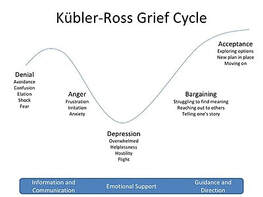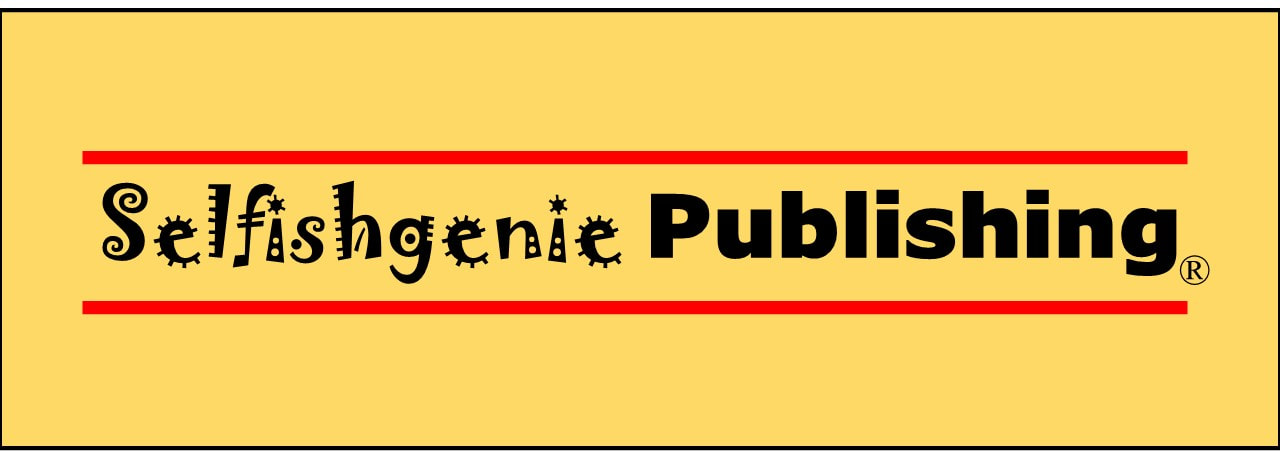Don't Despair; Help Is At hand Just a note for all our readers around the world, although this blog is aimed primarily at our British audience (we’re a British business), the key messages in it are just as valid wherever you live, so please, continue to read as it will be of benefit if you have lost your job or are in danger of losing your job. Let’s face it, it’s been a rough 15 months and we’re still not out of the woods. And for a few people, things are going to be a lot tougher for a while. In 2019 the UK unemployment rate was around 3.8%. The current economic forecast is that it will rise to around 5.5% this year before starting to fall back again as the economy starts to grow once more. In 2019, about 32.41 million people were in employment, so a reduction of about 2% means that some 640,000 people have become unemployed already or will become unemployed this year. If you are one of them, you have my sympathy. I’ve been there and I know how that feels.  And if you are leaving school or graduating from university this year, that will also mean more competition for what work vacancies there are. So, this blog is aimed at you too. A lot of businesses have gone bust, throwing people out of work. As the country starts to return to “normal”, whatever that means, the present furlough scheme will end and more businesses will shed the staff that have been protected against losing their jobs up until now. So, if you are one of those 640,000 people who have already lost their jobs or are in danger of losing their jobs, or a student about to enter the jobs market, reading this blog could be the most important thing you read this year. "losing your job isn’t your fault" The first thing you must tell yourself – every day if need be – is that losing your job isn’t your fault. You have done nothing for which you should blame yourself. You may be surprised to find out that many people do blame themselves and it always hold them back. (If you have been sacked for misconduct then it may be your fault, but that is a different issue and will require different solutions)  The next thing you should try to do is get over the loss of your job. You will experience all the feelings associated with losing a loved one, known as the grief cycle. Try to get through this as quickly as possible because if you don’t, it will hold you back in your search for a new job. It is quite normal to feel this, so don’t worry about it. To use a couple of well-worn cliches, you have to get past this and you have to move on.  The next cab off the rank is to understand that looking for a new job is a full time job in itself. If you aren’t spending the majority of your waking hours looking for work, you aren’t going to find it. Trust me, no one is going to come knocking at your door to offer you a job while you’re watching Phil and Holly on daytime TV. The job you want is out there somewhere, but you have to go out and find it, because it ain’t coming to find you. The next thing you must do is acknowledge that all jobs are temporary. Yes, you may have thought your job was permanent, but now you have been proven wrong. You knew this already but probably didn’t know that you knew it or you didn’t want to acknowledge it. "a job isn't for life"  You knew it because, wherever you worked, people came and people went. How many leaving presents have you been asked to contribute to in your working life? And I don’t mean for people who were retiring. A job isn’t for life. A job is for as long as you want to do it or until something better comes along – or until the company no longer needs you or can no longer afford you. So, if all jobs are temporary, then don’t sit around waiting for the perfect job to come along. It is a luxury you can’t afford right now. Instead take a temporary, if imperfect, job and keep looking for the perfect one. It’s better to earn some money than to earn no money. Believe me, living on state benefits will never cover all your costs. There is another reason for taking a temporary job while you continue looking. Employers don’t like to see gaps in your CV (or resumé, for some of our readers) while you were doing nothing.  It’s hard to convince a prospective employer that you are highly motivated and a ‘self-starter’ if you aren’t willing to flip burgers or deliver pizzas while you are waiting for him or her to offer you your dream job. Yes, I know that you worked hard for many years to gain the qualifications and skills that you now have, so you wouldn't have to flip burgers or deliver pizzas. But that is your pride talking. Pride isn’t going to pay the bills and pride will leave a nasty gap in your CV which you WILL be asked about at interviews. "It demonstrates to a prospective employer that you are willing to develop yourself." You need to prove your willingness to work by taking jobs that you wouldn’t normally consider. It’s about painting a picture to go with the story you want to tell at your interviews. If you really can’t consider doing a job that means taking a cut in salary or working unsociable hours or whatever your reason, then learn some new skills instead.  Firstly, it provides an explanation for what you were doing while you were unemployed but, more importantly, it demonstrates to a prospective employer that you are willing to develop yourself. That is a highly prized asset in today’s workplace. And it doesn’t have to cost you anything. There is an organisation called Future Learn who provide free on-line courses on a wide range of subjects and they can be accessed from anywhere in the world. Their content is also provided by some blue-chip global educational bodies. Most are suitable for non-graduates, so don’t be put off if you didn’t go to college. If you want a certificate to say you completed a course, you may have to pay, but some of the courses do provide them for free. Other training providers are available, but Future Learn is the best we have come across. Most of the courses can be completed in a day if you want to binge, but you can work at your own pace and at times that suit you eg when Phil and Holly are on TV. Learning a new skill is far more beneficial than having your brain turned to mush by daytime telly.  Stand out from the crowd with better skills Stand out from the crowd with better skills Hot topics at the moment are: collaborative and team working skills; leadership capabilities; business skills (always a good area for technical personnel to develop new skills); psychology (especially in relation to leadership), IT skills, creativity and innovation. Getting a few of those subjects under your belt will enhance your employability, especially if you can describe to prospective employers how you can use those new skills to help their business. But you are not alone in this job search. Help is available, which is why we are posting this blog.  One of our authors is something of an expert in this area and wrote a book on the subject. Yes, we admit it, this whole blog is nothing more than a thinly disguised book plug. But we really do want to help. The advice Robert Cubitt offers in “I Want That Job!” really does work. We know it works because we know people who have read the book and who now have new jobs. Above all it is practical, not theoretical. Just click the cover image to find out more. Now, if you have enjoyed this blog or found it helpful, be sure not to miss an edition by signing up for our newsletter. Just click the button.
0 Comments
Leave a Reply. |
AuthorThis blog is compiled and curated by the Selfishgenie publishing team. Archives
March 2025
|

 RSS Feed
RSS Feed